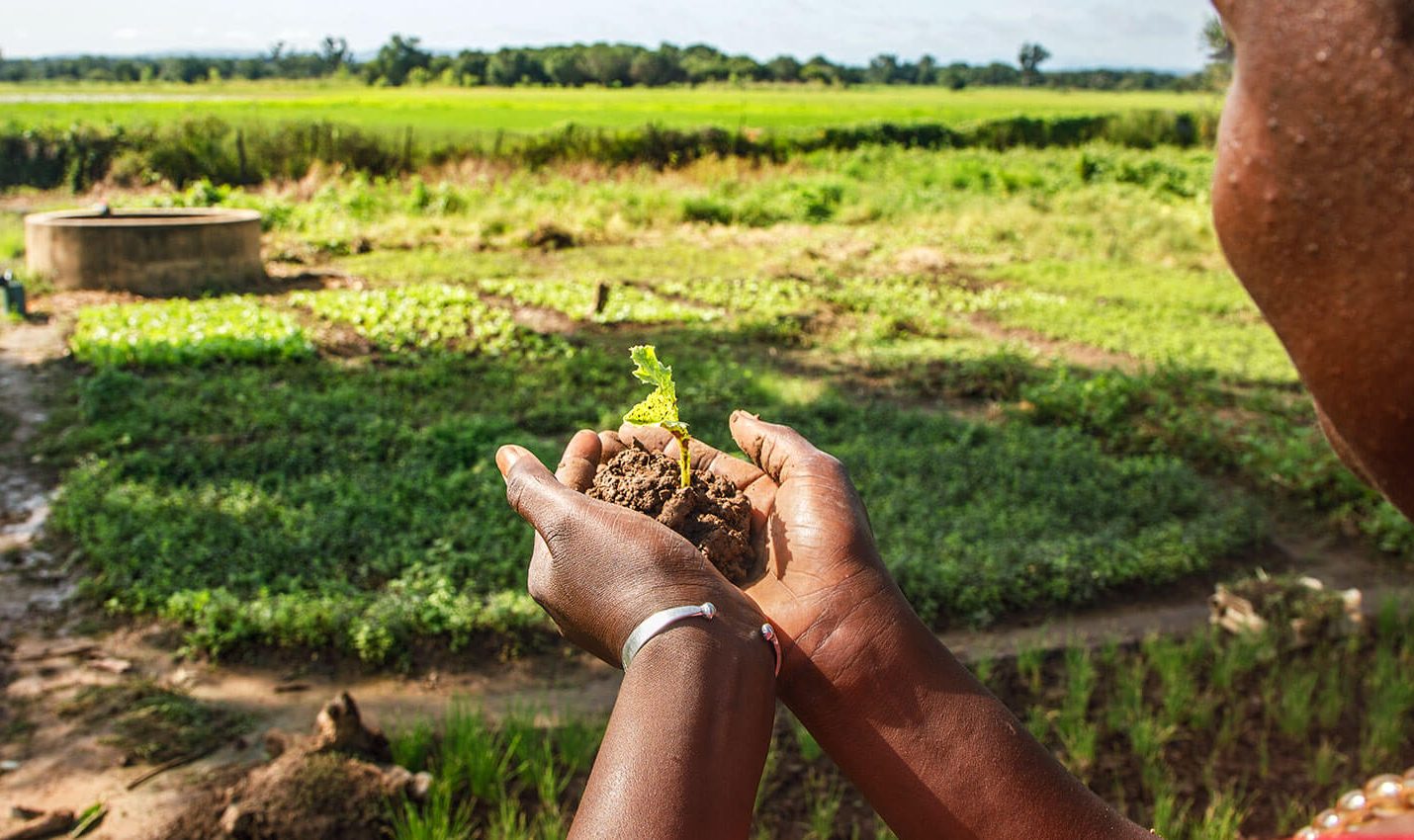
C3S: July 22 hottest day in recent history
July 22 was the hottest day on earth in recent history, according to the Copernicus ...

As we approach the 28th Conference of the Parties to the United Nations Framework Convention on Climate Change, the G20’s political leadership will be critical to move economies towards sustainability and to help cities and communities mitigate and adapt to climate impacts. Integral to that leadership are women, with whom we have the best chance of progress.
Prioritizing women’s rights in climate action is a pivotal yet neglected pathway to climate justice and a sustainable future. Women’s full and meaningful participation is essential to achieve solutions that work for all of society and that get the Sustainable Development Goals back on track. Under India’s G20 presidency, and as advocated in the recent ministerial meetings’ outcomes, the emphasis on women-led development can accelerate the redistribution of skewed opportunities and resources for women to shape development planning and execution.
I therefore recommend to the G20 three priorities for action.
My first recommendation is to strengthen women’s resilience to the impacts of dramatically changing weather patterns, droughts, floods, fires, and environmental degradation. This has been the key aim of UN Women’s programme on climate-resilient agriculture. Implemented across sub-Saharan Africa and in countries as diverse as China, Haiti, and Morocco, we are supporting women farmers with agroecological farming techniques to feed their families and escape poverty. This is critical, since women working on small-scale farms are the main food producers in many regions, and since the polycrises of the last few years have seen alarming increases in women’s food insecurity. It is also more urgent now than ever to provide universal social protection and public services that effectively reach women. With the G20’s support, the newly created Loss and Damage Fund could provide much-needed finance to build and strengthen such systems and services in developing countries.
My second recommendation is to ensure that the transitions to new economic models not only support sustainability and thriving ecosystems, but also deliver on gender equality. As we leave behind economies based on fossil fuels, extraction, and pollution, I encourage the G20 to champion a “gender-just transition”. This would prioritize the creation of green jobs for women in new sectors such as renewable energy and green infrastructure. In doing so, we can close the stubborn global gender gap in employment.
Solutions such as clean cookstoves and energy-efficient appliances and buildings, and renewable energy micro-grids to electrify remote areas, would create employment, improve women’s and children’s health, and reduce the unpaid care and domestic work overwhelmingly done by women and girls. Good quality care jobs—in health, education, and child and elder care—are inherently green and sustainable. I urge that G20 delegations to COP28 mainstream the diverse voices, knowledge, and experiences of women and girls, and that they promote action to resolve both the climate and care crises.
My third recommendation is to overhaul climate finance to ensure that it addresses gender equality in the contexts most vulnerable to climate change, and to successfully reach women’s, feminist, Indigenous, and grassroots organizations. Supporting women’s resilience and ensuring a gender-just transition will require significant financing for women in developing countries. The leadership of this G20 cohort is essential to ensure that the 2009 commitment to provide USD 100 billion per year in climate finance is finally fulfilled and that the Loss and Damage Fund is fully financed. Let us take inspiration from formidable women leaders, including Mia Mottley of Barbados, whose innovative proposals, such as the Bridgetown Initiative, could be game changers for tackling both the debt crisis and the climate crisis.
Since UN Women’s very first days in 2011, we have focused on climate change, supporting national delegations and negotiators to mainstream gender equality into climate negotiations, and developing innovative programming to build women’s resilience to climate impacts and disasters. We support and foster collective action, including through a global multi-stakeholder partnership: the Action Coalition on Feminist Action for Climate Justice. And we are developing a major programme of research and data work on gender equality in the age of climate change, centred on our flagship report, “Progress of the world’s women”. Through these we will amplify women’s voices in all their diversity, showcase their work, and demonstrate how it can be replicated and scaled up to achieve the durable, transformative change that the world so desperately needs.
July 22 was the hottest day on earth in recent history, according to the Copernicus ...
Google has engaged in partnership with DHL to utilize the DHL Express GoGreen Plus service ...
Mars has announced registering a record 8% greenhouse gas (GHG) emissions reduction against its 2015 ...


اترك تعليقا